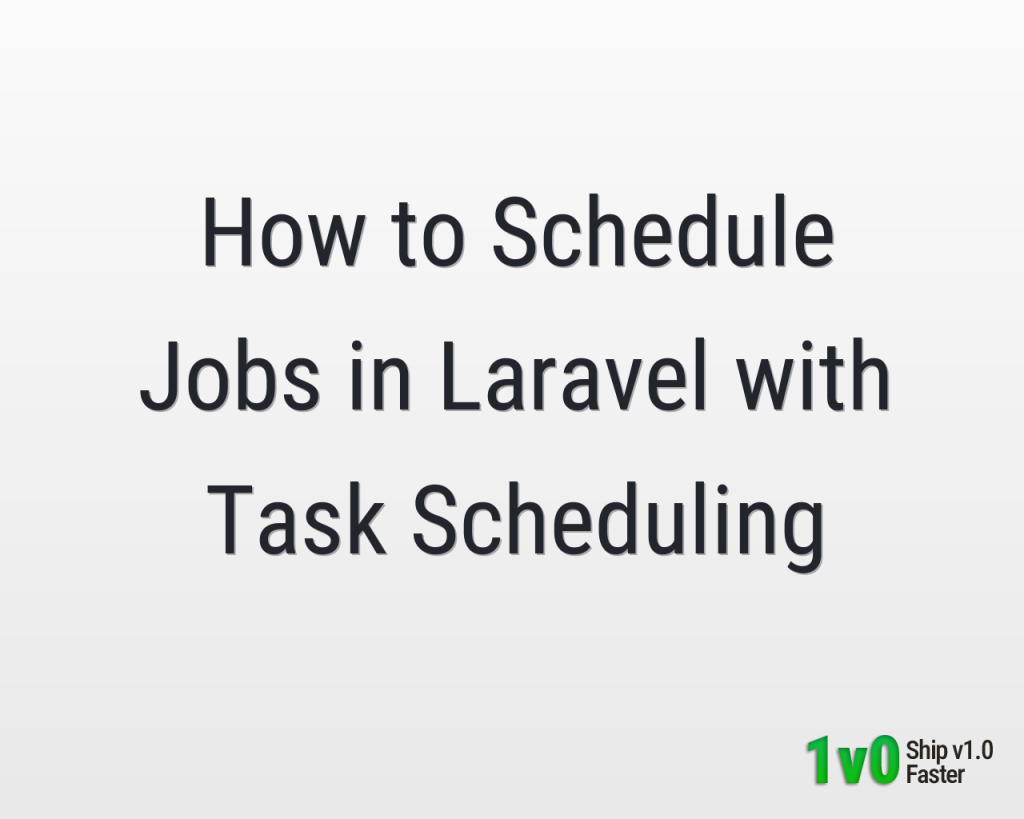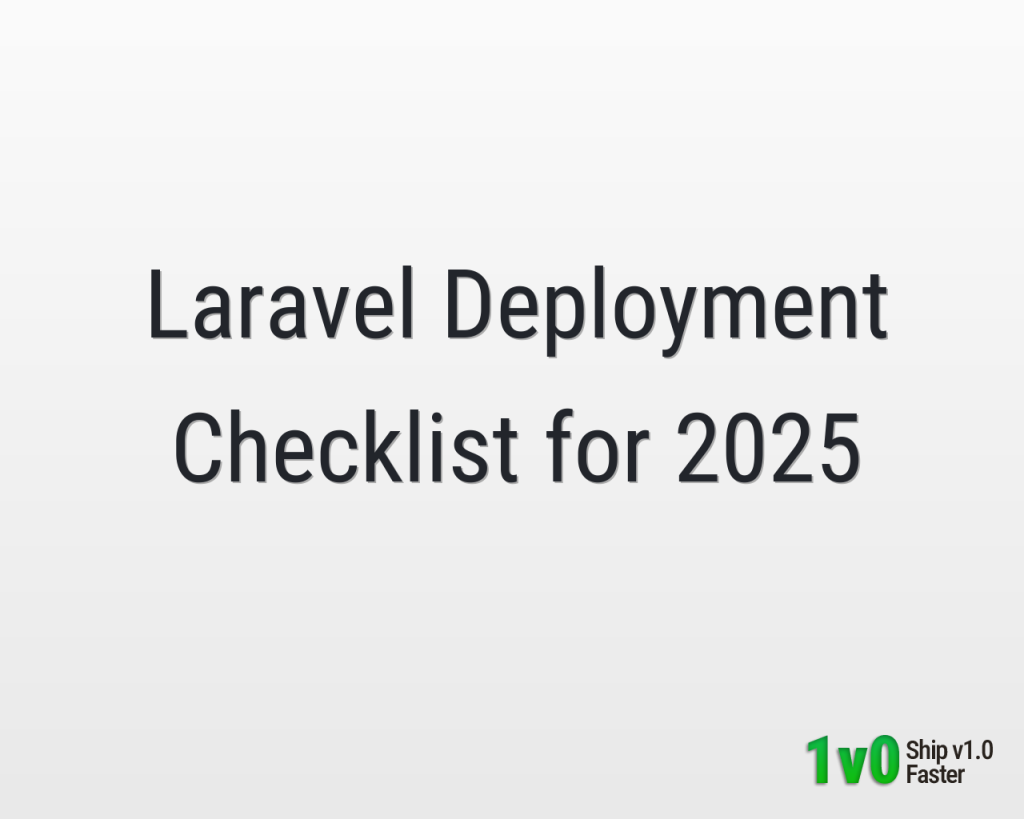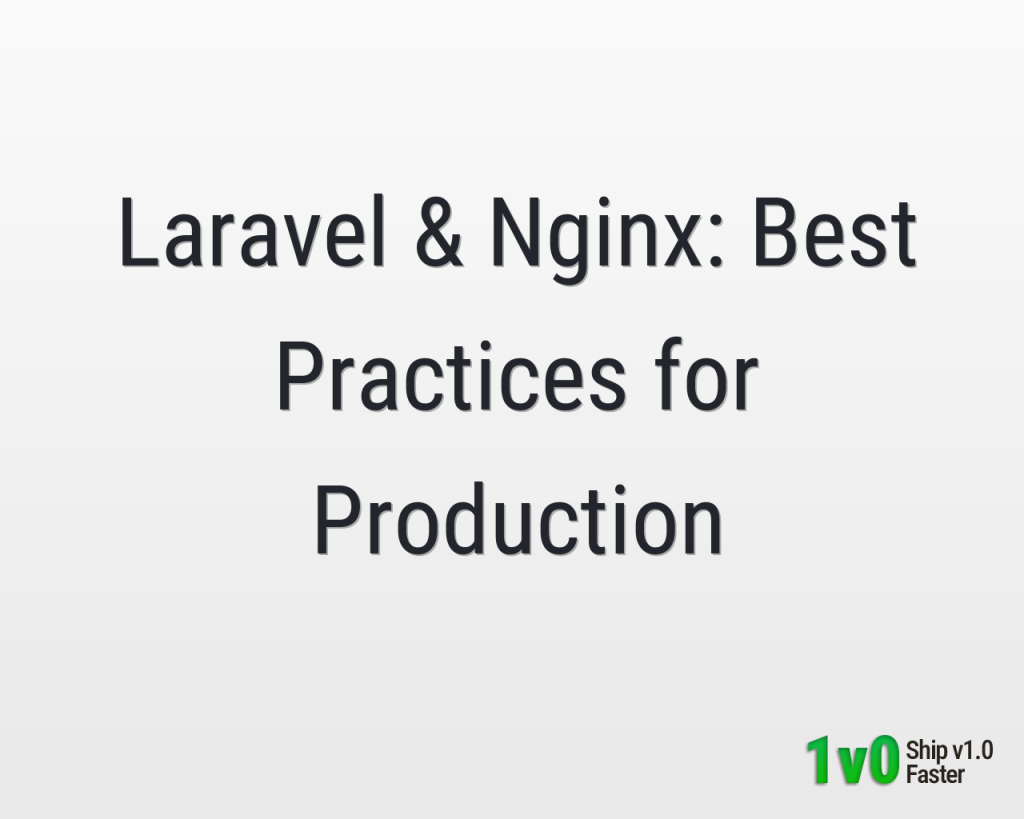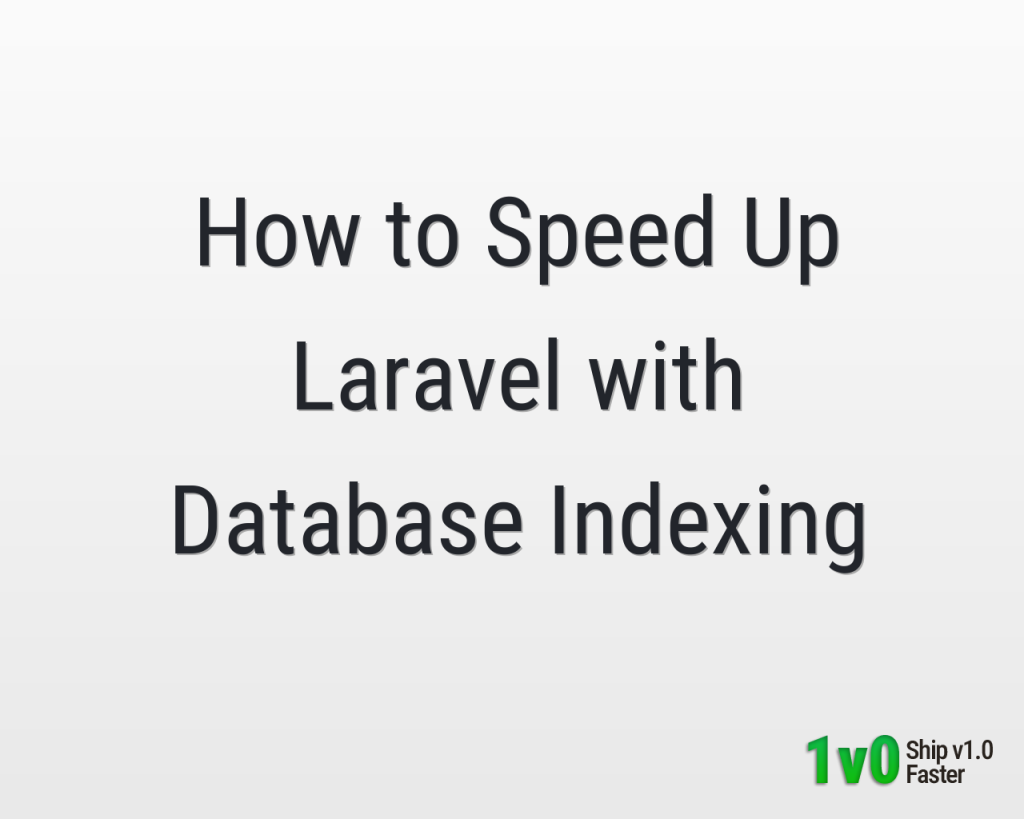performance
Advanced Logging and Monitoring in Laravel with Monolog
In the previous article, we covered the basics of logging with Monolog in Laravel. Now, let’s go deeper into advanced logging and…
How to Log and Monitor Errors in Laravel with Monolog
Error logging is one of the most important parts of maintaining a reliable Laravel application. While simple dd() statements can help in…
Debugging Laravel Applications with Ray and Telescope
Debugging is a critical part of building reliable Laravel applications. While dd() and dump() are quick solutions, they don’t scale well for…
How to Schedule Jobs in Laravel with Task Scheduling
Laravel’s task scheduling system allows you to automate repetitive jobs such as clearing caches, sending out reports, or syncing data. Instead of…
Laravel Deployment Checklist for 2025
Laravel Deployment Checklist for 2025 Deploying a Laravel 12 application is more than just copying files to a server. A proper deployment…
Laravel & Nginx: Best Practices for Production
Laravel & Nginx: Best Practices for Production Caddy might be the new kid on the block, but Nginx remains the most widely…
Using Laravel Telescope to Debug Performance Issues
Using Laravel Telescope to Debug Performance Issues When your Laravel app slows down under traffic, it can be difficult to know whether…
How to Speed Up Laravel with Database Indexing
How to Speed Up Laravel with Database Indexing As your Laravel app scales, database queries often become the bottleneck. A single missing…
How to Use Laravel Horizon for Queue Monitoring
How to Use Laravel Horizon for Queue Monitoring When your Laravel app uses queues to handle heavy workloads (emails, reports, notifications), monitoring…
Optimizing Laravel for High Concurrency with Octane
Optimizing Laravel for High Concurrency with Octane By default, Laravel boots the entire framework on every request. This design is flexible but…










